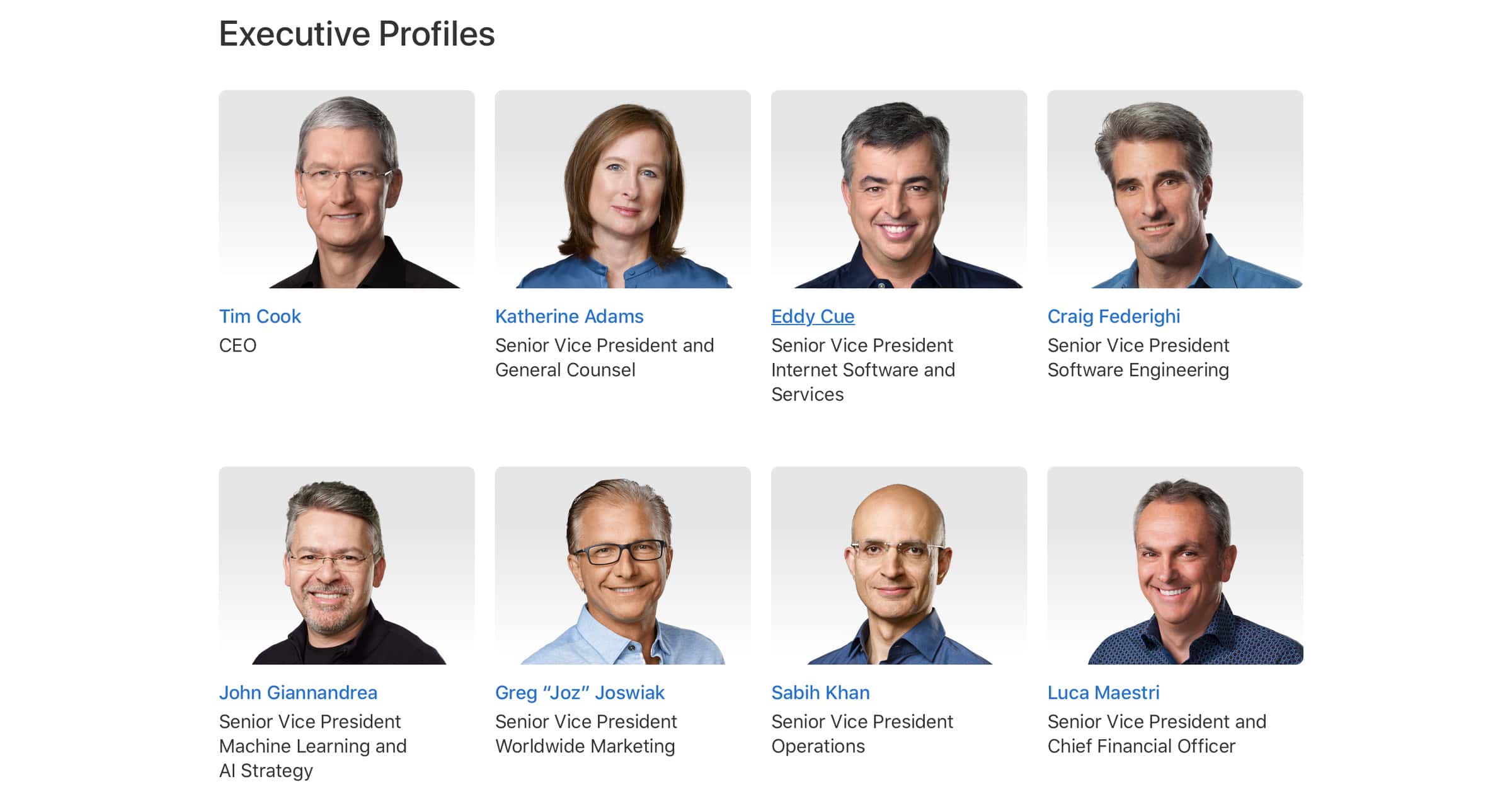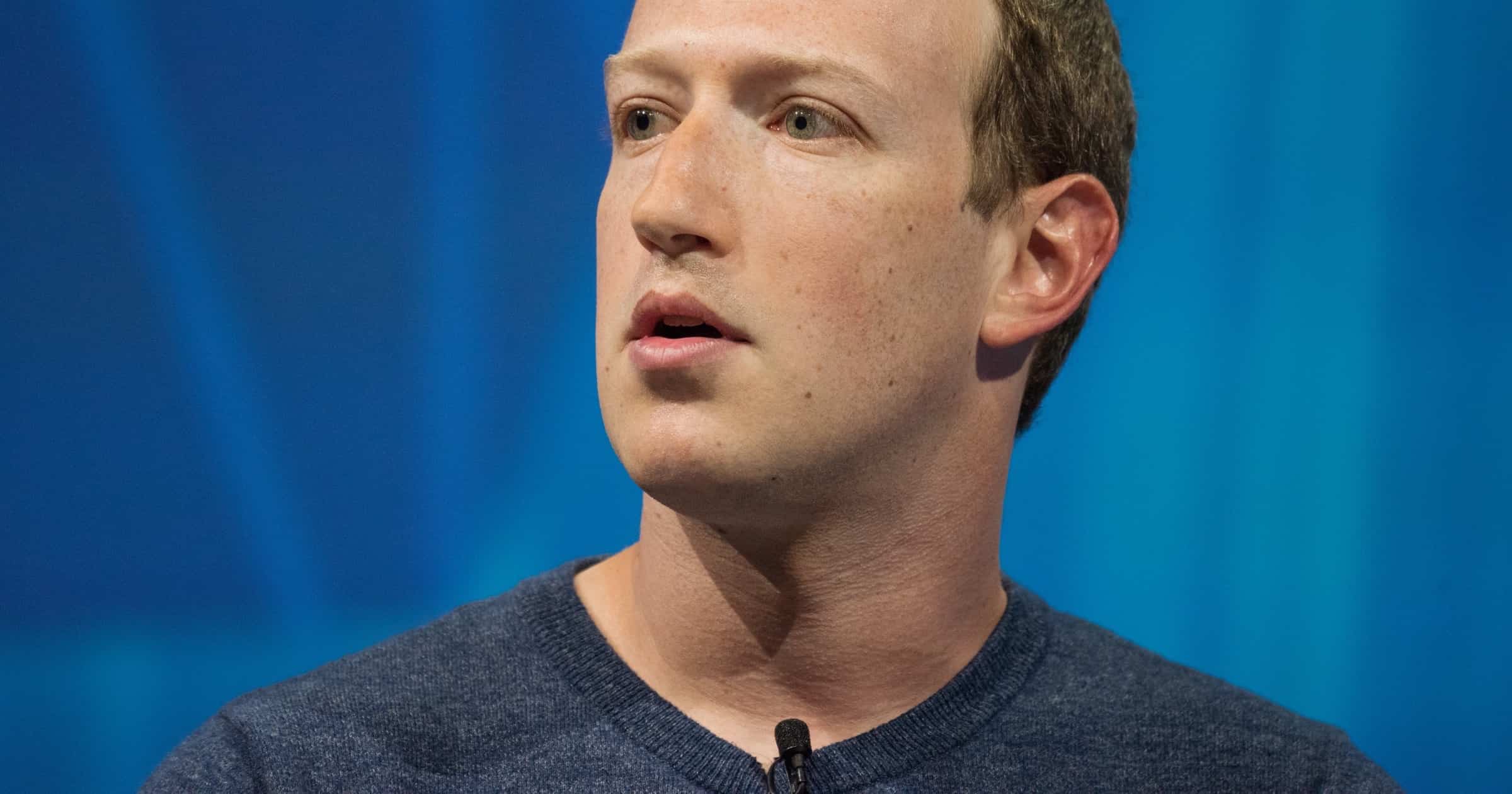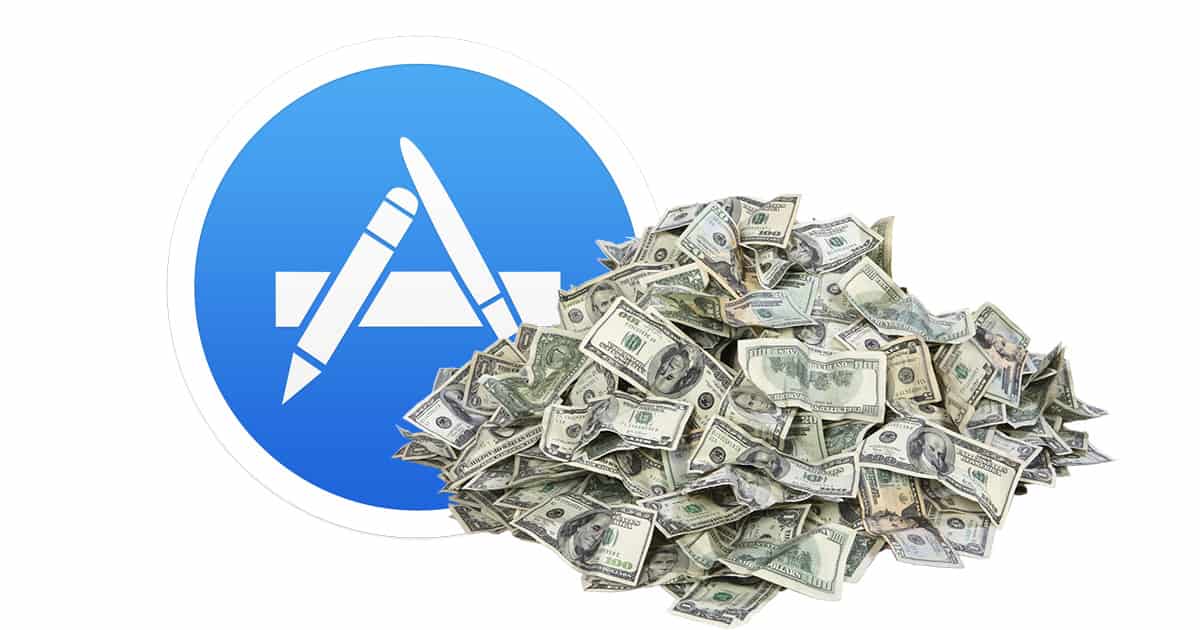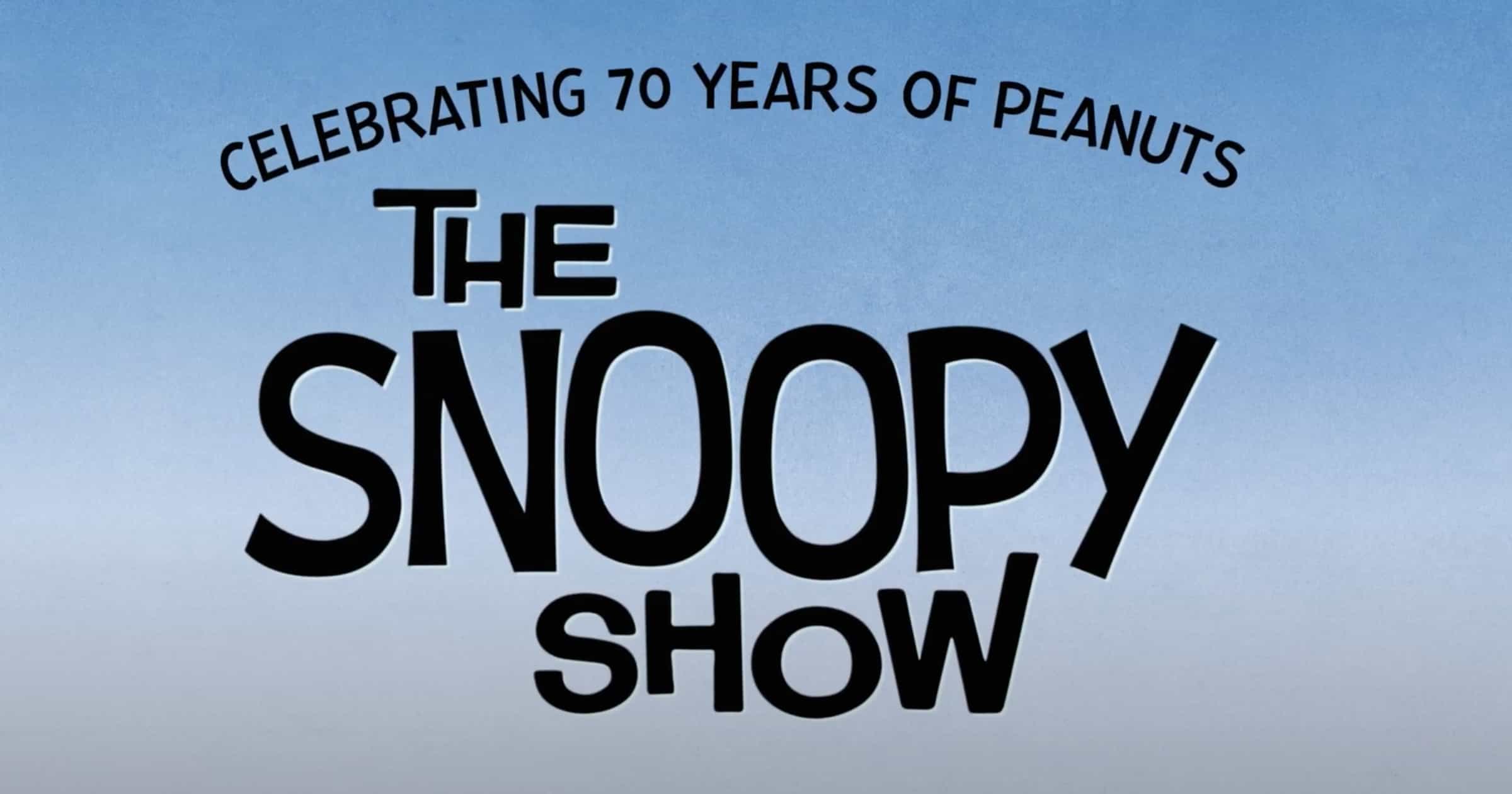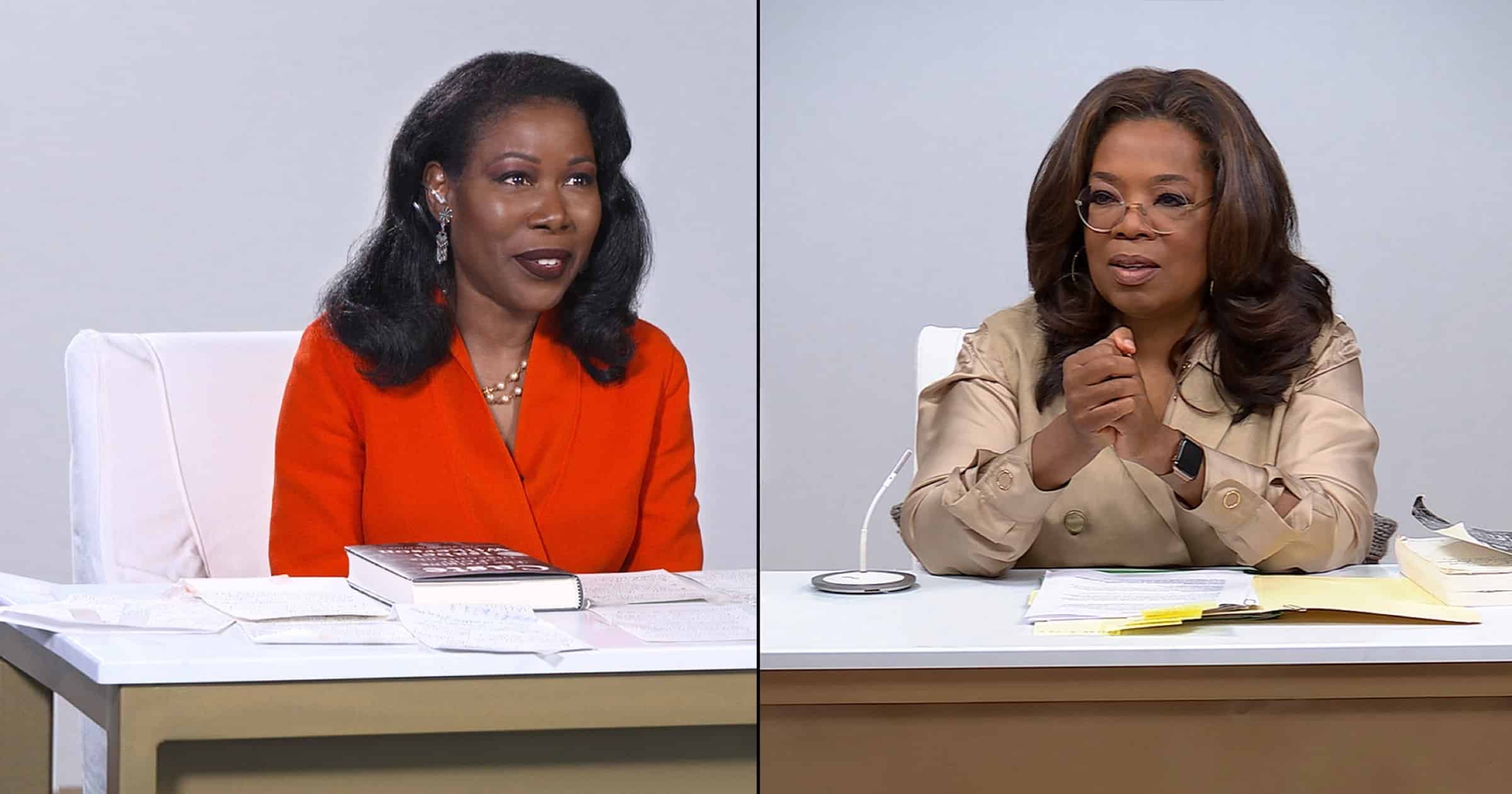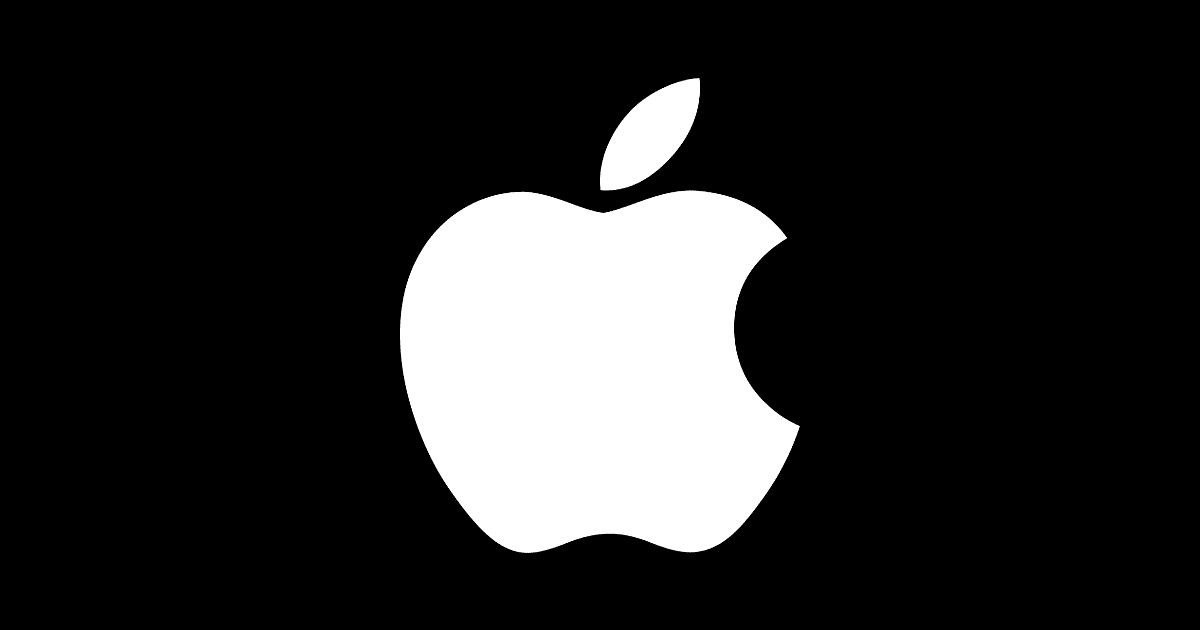We finally have the winner of our iPhone 16 Pro international giveaway! Congratulations to Oliver T., and a huge thank you to everyone who participated.
'The Morning Show' Restarting Filming Season Two, Steve Carell is Back
The Morning Show season two is slated to restart filming on October 19, and Steve Carell looks set to return.
Apple Could Have Multi-billion-dollar Payment Businesses
Payment services like Apple Pay and Apple Card could be the company’s next multi-billion-dollar businesses as the fintech sector grows. That’s according to a note to investors from Cowen analyst Krish Sankar, seen by AppleInsider.
“While Apple has portrayed these digital services as complementary to its mobile hardware platforms, we believe future scaling out of these services globally coupled with increasing depth and sophistication of them could position Apple as an emerging contender in the fintech space,” Sankar writes. Within Apple’s fintech segment, the analyst expects Apple Pay to remain the cornerstone. The platform could see increasing acceptance at U.S. retailers, and Sankar predicts that the contactless payment service will be the largest revenue driver over the next few years, with an expected $800 million in growth annually. Sankar sees Apple Pay growing at an 18% compound annual growth rate (CAGR) through 2023, and markets such as Asia and Europe could allow for even further expansion.
The Features That Could be Missing From an iPhone 12 Mini
There have been rumors that amongst the iPhone 12 lineup will be a ‘mini’. Macrumors looked at the compromises this might involve and the features that might be missing. Most significantly, this includes reduced battery life.
As the smallest device in the iPhone 12 lineup, the iPhone 12 mini is also expected to have the smallest battery. Certifications have suggested that the battery capacity of the iPhone 12 mini is 2,227mAh. Apple’s current smallest flagship iPhone, the 5.8-inch iPhone 11 Pro, has a battery capacity of 3,046mAh battery, making the iPhone 12 mini’s capacity 819mAh smaller. Although the A14 Bionic processor and OLED display are likely to improve energy efficiency, the fundamental limits of battery size in the iPhone 12 mini are likely to result in an overall smaller battery life.
tvOS 14.0.2 Now Available
Apple has released the latest version of its tvOS software, with version 14.0.2 is now available for users to download.
Apple Updates Leadership Page, Moves Greg Joswiak and Phil Schiller
Apple has updated its leadership page and now lists Greg ‘Jos’ Joswiak as its Senior Vice President, Worldwide Marketing.
Watch a Preview of Bruce Springsteen’s “Letter To You’
Apple announced on Friday a Bruce Springsteen documentary, and you can see a preview of it that will be released Friday, October 23. It captures Mr. Springsteen recording live with The E Street Band for the first time in 35 years. Both the album and companion documentary include recently written Springsteen songs side by side with legendary but previously unreleased compositions from the 1970s. Throughout the documentary, Springsteen shares his thoughts and feelings behind “Letter To You,” and puts the new music into the context of his entire body of work. In that way, it’s the next piece in the autobiographical series that began with the memoir “Born to Run,” continued with “Springsteen on Broadway” and advanced through his film “Western Stars.”
Bruce Springsteen ‘Letter to You’ Documentary Premieres October 23 on Apple TV+
A new documentary called “Bruce Springsteen’s Letter to You” premieres on Apple TV+ Friday, October 23, the same day his album of the same name launches.
Hands-on with Watch SE, TV App Expansion – TMO Daily Observations 2020-10-05
John Martellaro and Charlotte Henry join host Kelly Guimont to discuss Charlotte’s new Watch SE, and the TV app coming to gaming consoles.
Tim Millet Talks About iPad Air 4 A14 Apple Chip in Interview
Tim Millet, Apple’s Vice President for Platform Architecture, spoke to The Star about the A14 Apple chip found in the iPad Air 4.
Some Disney Movies are Available in 4K Via iTunes
Some movies from various Disney-owned franchises are available in 4K via iTunes, including things like Marvel and Star Wars content.
When Will The Targeted Advertising Bubble Burst?
A large part of the web is free because of targeted advertising, but former Google employee Tim Hwang argues that it doesn’t even work.
He notes that while “some digital and social media messaging is quite effective,” it’s common for platforms and media agencies to triple (at least) its apparent value by wrongly crediting digital ads for purchases that consumers would have made anyway. Aral calls this “the most widely used shell game in business today.”
Or, as Hwang puts it: “The whole edifice of online advertising is, in short, bunk.”
Remembering Steve Jobs on The Ninth Anniversary of His Death
Monday, October 5, 2020, marked the ninth anniversary of the passing of Apple co-founder Steve Jobs, who suffered from pancreatic cancer.
Battery Life, Network Tweaks, and Cool Stuff Found — Mac Geek Gab 836
Has iOS 14.0.1 hurt your battery life? We might have a fix for you. Networking is always top-of-mind, and your two favorite geeks share some answers to your related questions. Then it’s Cool Stuff Found, where John and Dave share all the cool things you and they have discovered in the past week. Press play and enjoy learning five new things, folks!
Security Friday, Widgets, and You – TMO Daily Observations 2020-10-02
Andrew Orr joins host Kelly Guimont for Security Friday news and updates, and a discussion about iOS 14’s widgets and what they can/can’t do.
Facebook Doesn’t Like Netflix Documentary ‘The Social Dilemma’
Facebook has published criticism of “The Social Dilemma” a Netflix documentary that reveals how social platforms use algorithms as addiction.
“Rather than offer a nuanced look at technology, it gives a distorted view of how social media platforms work to create a convenient scapegoat for what are difficult and complex societal problems,” Facebook said.
However, one issued raised in the movie is that Facebook’s algorithms learn more specific things about users, like their preferred political party, and shows them news it think they will agree with. That problem doesn’t happen on the services Facebook compares itself to.
Difficult and complex societal problems that you monetize.
Sci-Fi Authors Comment on Apple TV+ Series ‘Foundation’
Although “Foundation” won’t appear on Apple TV+ until 2021, science fiction authors Anthony Ha, Abby Goldsmith, and John Kessel talk about the books behind the series from author Isaac Asimov. John Kessel on psychohistory:
[Asimov is] basically saying if you have enough human beings—you have 100 million worlds, all inhabited by human beings—that psychohistory can predict the mass behavior of human beings, without being able to predict any individual human being’s behavior. That’s a cool idea.
I can’t wait until for the Apple TV+ series.
YouTube Restores iOS 14 Picture in Picture to Mobile Website
YouTube initially blocked iOS 14’s picture in picture function on its mobile website. However, Macrumors reported that the capability has now returned.
This is an apparent reversal of a change that YouTube explicitly made following the release of iOS 14 which blocked such behavior. At that time, YouTube would only allow that capability for users with Premium accounts. Tonight’s change means that any YouTube visitor can use Picture in Picture in Safari. iOS 14 introduced native Picture in Picture capability to the iPhone for the first time, however, apps have to explicitly support the feature. YouTube’s native app has never supported Picture in Picture for any of its users even though iPadOS has offered the capability for some time. There have been reports that YouTube has been testing this feature, but there have been no announcements.
Some Historians Don't Like Digital Upscalers Making History 4K
So-called ‘digital upscalers’ have turned grainy footage from bygone eras into high-quality 4k clips. However, Wired reported, some historians are not very happy about it.
Digital upscalers and the millions who’ve watched their work on YouTube say they’re making the past relatable for viewers in 2020, but for some historians of art and image-making, modernising century-old archives brings a host of problems. Even adding colour to black and white photographs is hotly contested. “The problem with colourisation is it leads people to just think about photographs as a kind of uncomplicated window onto the past, and that’s not what photographs are,” says Emily Mark-FitzGerald, Associate Professor at University College Dublin’s School of Art History and Cultural Policy.
The iPod Nano is Now Officially Vintage
The 2015 update of the 7th generation iPod nano has now joined the list of products Apple regards as vintage.
App Revenue Soars, Especially on the iOS App Store
Revenue from in-app purchases, subscriptions, and premium apps climbed to $19 billion on Apple’s App Store in the third quarter of 2020.
'The Snoopy Show' Coming to Apple TV+ February 2021
Apple TV+ already has Snoopy in Space, and there is going to be even more of Charlie Brown and his beagle on the streaming service.
Oprah Winfrey’s Talk With Isabel Wilkerson Premieres Today
Oprah’s Book Club is premiering an episode on Friday with Isabel Wilkerson and her book “Caste: The Origins of Our Discontents.”
Find Compostable iPhone 12 Cases With Pela
Pela makes smartphones cases like many other companies, but they have a feature that stands out from the crowd: Compostable iPhone cases.
Apple Q4 2020 Earnings Release Scheduled for October 29
Apple has scheduled its Q4 2020 earnings call for Thursday, October 29 at 2PM PT / 5PM ET. You can listen to the conference call on its website.





